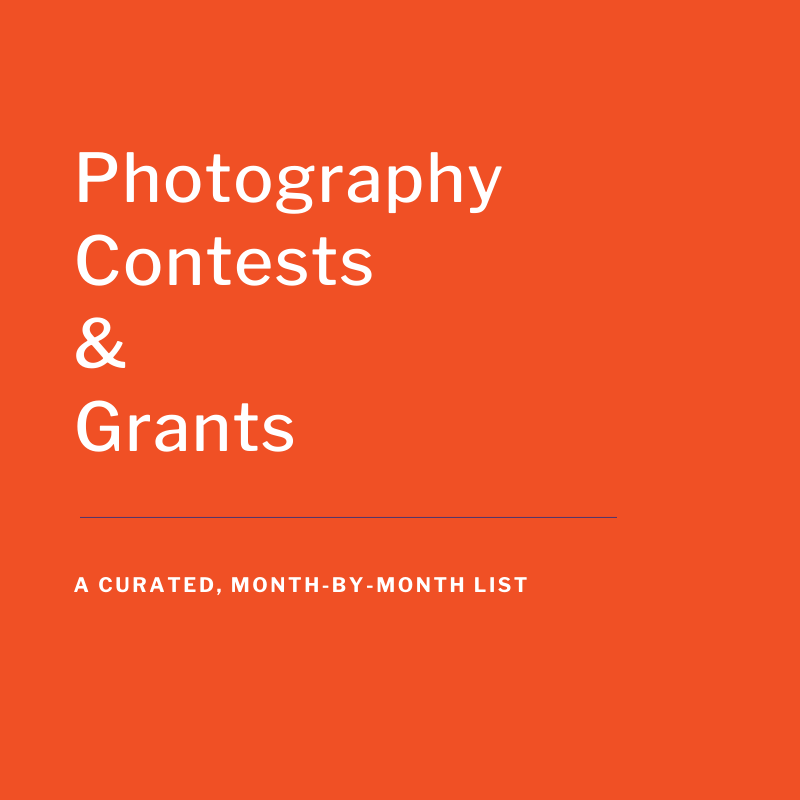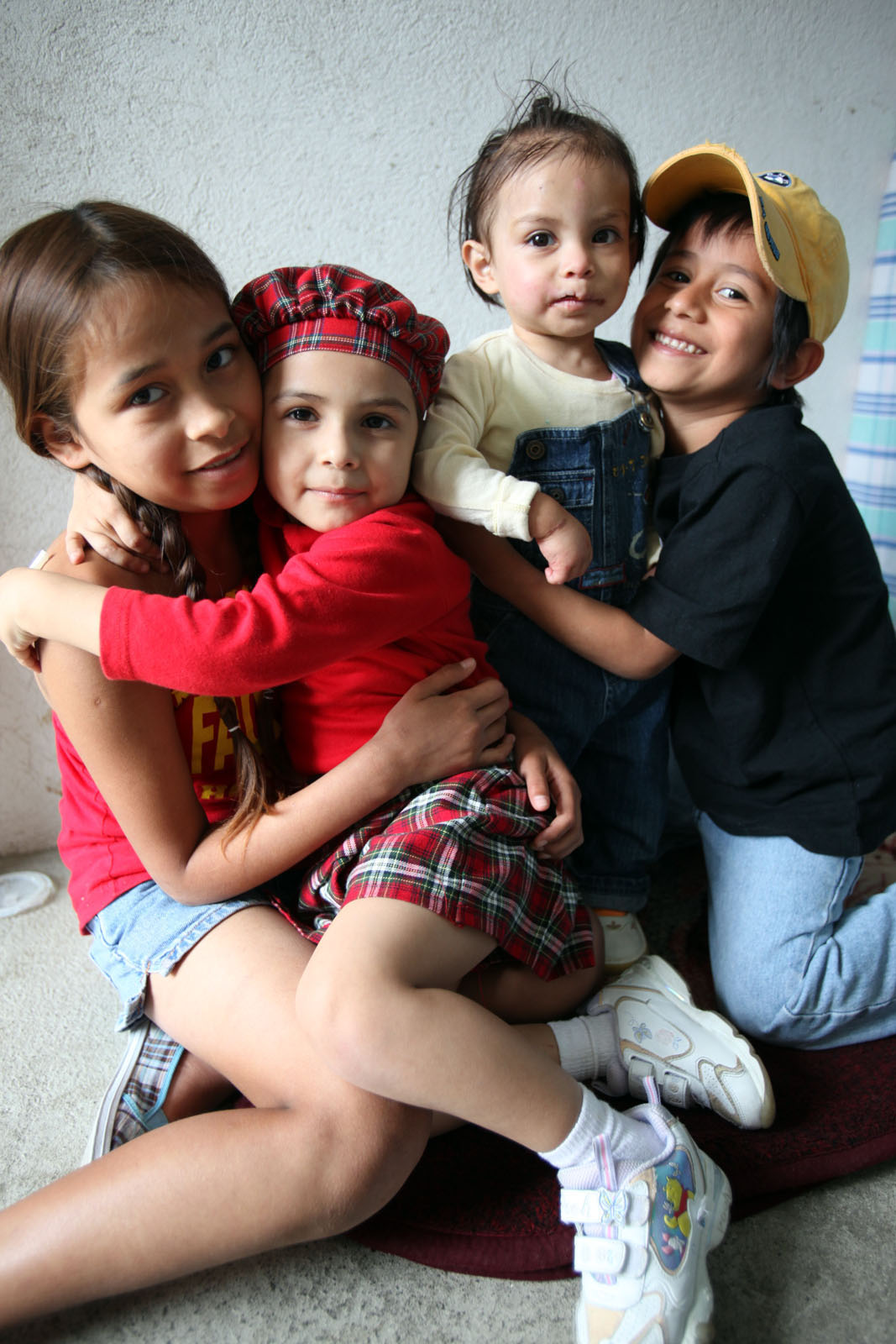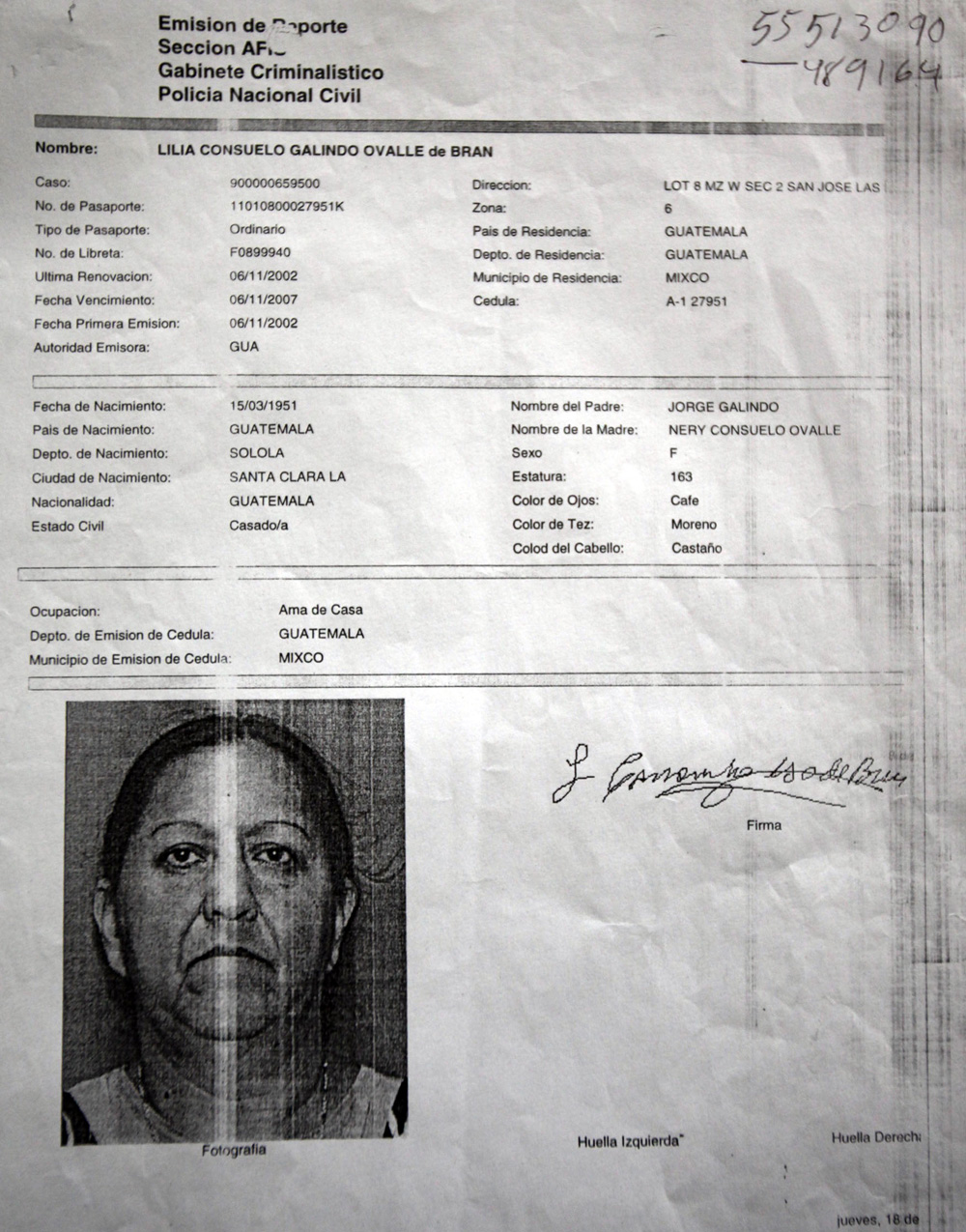Photography Contests and Grants Calendar for 2025
Photography offers many opportunities to showcase your talent and receive support through contests and grants. Below is a curated list of key photography contests and grants for 2025, including specific grants aimed at documentary photographers who are People of Color, Women, or Indigenous.
Major International Grants
Magnum Foundation Fund
Amount: Project-based funding (varies)
Focus: In-depth documentary projects addressing critical social issues
Eligibility: Priority given to photographers from underrepresented regions and communities
Deadline: Various
Note: Particularly supportive of innovative approaches to documentary storytelling
National Geographic Storytelling Grants
Amount: Up to $30,000
Focus: Projects documenting cultures, species, and critical issues facing our world
Eligibility: Open to photographers worldwide with proven ability to complete complex projects
Deadline: Rolling throughout 2025
URL: https://www.nationalgeographic.org/funding-opportunities/grants/
Note: Emphasis on projects with clear conservation, scientific, or cultural impact
The Eugene Smith Grant
Amount: $40,000 (main grant), plus several $5,000 fellowships
Focus: Humanistic photography projects that follow in the tradition of W. Eugene Smith
Eligibility: Open to photographers worldwide
Deadline: April 2025
Note: One of the most prestigious documentary photography grants globally
The Alexia Foundation Grant
Amount: Professional grant $20,000, Student grant $1,000
Focus: Projects that promote world peace and cultural understanding
Eligibility: Professional and student categories
Deadline: January 2025
Note: Strong emphasis on social justice and human rights photography
Grants for Underrepresented Photographers
Women Photograph + Nikon Grants
Amount: Five grants of $5,000 each
Focus: Long-term documentary projects from women and non-binary photographers
Eligibility: Women and non-binary photographers with at least 5 years of experience
Deadline: May 2025
Note: Additional mentorship opportunities available
Indigenous Photographer Fund
Amount: $10,000
Focus: Documentary projects by Indigenous photographers about their communities
Eligibility: Indigenous photographers worldwide
Deadline: October 2025
Note: Includes mentorship component with established Indigenous photographers
Black Women Photographers Grant
Amount: $5,000
Focus: Documentary and editorial projects
Eligibility: Black women and non-binary photographers
Deadline: March 2025
Note: Includes portfolio review and mentorship opportunities
The Serendipity Arles Grant
Amount: €5,000
Focus: Documentary and contemporary photography
Eligibility: South Asian women photographers
Deadline: August 2025
Note: Includes exhibition opportunity at Rencontres d'Arles
Notable Documentary Photography Contests
World Press Photo Contest
Prize: Various monetary awards plus worldwide exhibition
Categories: Contemporary Issues, Environment, General News, Long-Term Projects, Nature, Portraits, Sports, Spot News
Deadline: January 2025
Note: Most prestigious photojournalism contest globally
Pictures of the Year International (POYi)
Categories: Multiple documentary and news categories
Eligibility: Professional photojournalists
Deadline: January 2025
Note: One of the oldest and most respected photojournalism competitions
The Aftermath Project Grant
Amount: $25,000
Focus: Documentary projects exploring post-conflict stories
Deadline: February 2025
Note: Particularly interested in under-reported aftermath stories
Vital Impacts Environmental Photography Grants
Amount: Ranging from $5,000 to $20,000
Focus: Supporting photographers dedicated to capturing environmental issues and solutions
Eligibility: Photographers deeply connected to and documenting within their local communities
Deadline: Not specified in the available information
URL: https://vitalimpacts.org/pages/the-vital-impacts-environmental-photography-grant
Note: Seven grants are named after exemplary environmental leaders, aiming to support solution-oriented environmental stories.
Fine Art Grants That Support Documentary Work
Light Work Grants
Amount: $3,000
Focus: Photography and digital media projects
Eligibility: Residents of New York State (outside NYC)
Deadline: April 2025
Note: Strong history of supporting documentary projects
Aperture Portfolio Prize
Prize: $3,000 and exhibition
Focus: Contemporary photography across all genres
Eligibility: International, emerging photographers
Deadline: January 2025
Note: Often awards documentary and socially engaged work
CENTER Santa Fe's Photography Grants
Project Launch Grant
Amount: $5,000
Focus: Career-launching opportunity for photographers with a completed project
Eligibility: International photographers
Deadline: March 2025
Project Development Grant
Amount: $5,000
Focus: Supporting works-in-progress
Eligibility: International photographers
Deadline: March 2025
Excellence in Teaching Award
Amount: $5000
Focus: Recognizing photography educators
Eligibility: Photography teachers at accredited institutions
Deadline: March 2025
Additional Resources
Emergency Grants
The following organizations offer emergency funding for photojournalists in crisis or needing rapid project support:
International Women's Media Foundation (IWMF) Emergency Fund - https://www.iwmf.org/programs/emergency-fund/
National Press Photographers Association (NPPA) Emergency Relief - https://nppa.org/emergency-relief
Rory Peck Trust - https://rorypecktrust.org/freelance-assistance/assistance-grants/
Mentorship Programs
VII Photo Agency Mentorship - https://www.viiphoto.com/mentorship/
Women Photograph Mentorship - https://www.womenphotograph.com/mentorship
Magnum Foundation Photography and Social Justice Program - https://www.magnumfoundation.org/photography-and-social-justice
Note: All deadlines are subject to change. Always check the official websites for the most current information and application requirements.
(Updated February 2025)
Did you know that an editor can help you home in on the right images for contests and grants?
An objective, outside opinion and fresh look at work can help you craft a contest or grant entry that connects with the judges.
I've created contest edits for numerous photographers who went on to win World Press Photo, POYi, Communication Arts, and other major awards.







